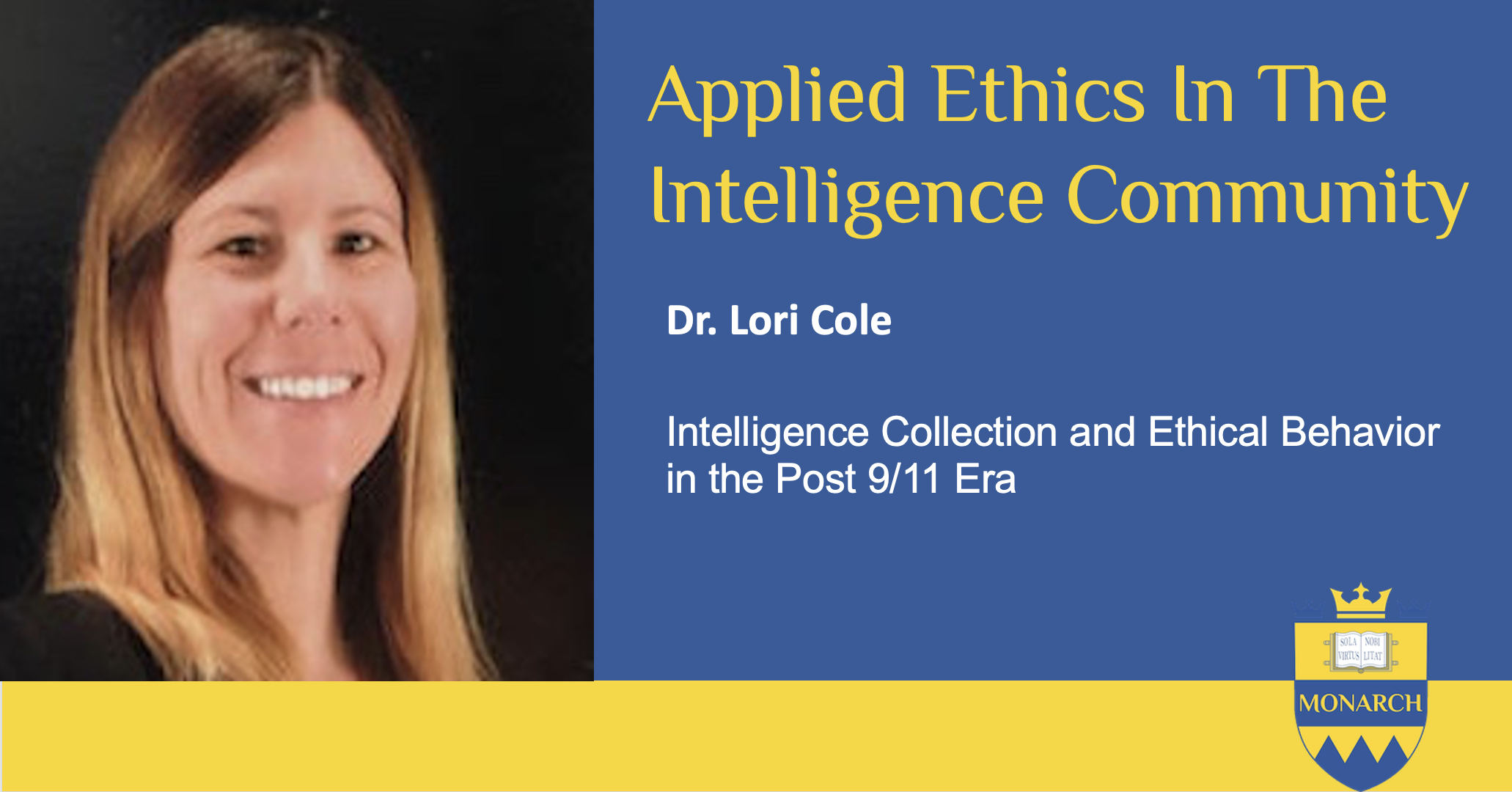Intelligence Collection and Ethical Behavior in the Post 9/11 Era
Abstract
The present summary abridges the research findings of the doctoral research submitted to Monarch Business School Switzerland entitled Intelligence Collection and Ethical Behavior in the Post 9/11 Era.
With the rapid technological advances of modern warfare, intelligence operatives face time-sensitive decisions that often carry ethical consequences. Scholarly research on ethics and intelligence gathering has generally lagged behind the update in technical surveillance capabilities and privacy concerns that arose in the post-9/11 era. Researchers have investigated intelligence practices, community responses to surveillance, and projected changes to the intelligence community. However, no study has analyzed the systemic lapses in military leadership that form the foundation of ethical dilemmas within the intelligence community from the perspective of intelligence operatives.
The primary purpose of this research is to determine the characteristics of a new ethical communication framework that better describes the relationship between intelligence collection and ethical behavior in a technologically advanced environment. The study offers qualitative research through institutional ethnographic and participant auto-ethnographic approaches to understand the lived experiences of intelligence operatives facing task-related ethical dilemmas. The research instruments included an open-ended research questionnaire and in-depth follow-up interviews to capture the personal beliefs and understanding of current and former intelligence operatives. Statistical and thematic participant interview analysis uncovered the foundational characteristics of a new conceptual model that could better describe the relationship between intelligence collection and ethical behavior in alignment with the operative, mission, and leadership.
The research provides a communication framework for the intelligence community and stakeholder groups that aids in disambiguating tasks and orders for those serving in the intelligence community. The Transactional Ethics Communication Framework (TECF) offers an original contribution to the present state of scholarship by scaffolding ethical dilemmas within a dialogic feedback loop between operatives and leadership.





